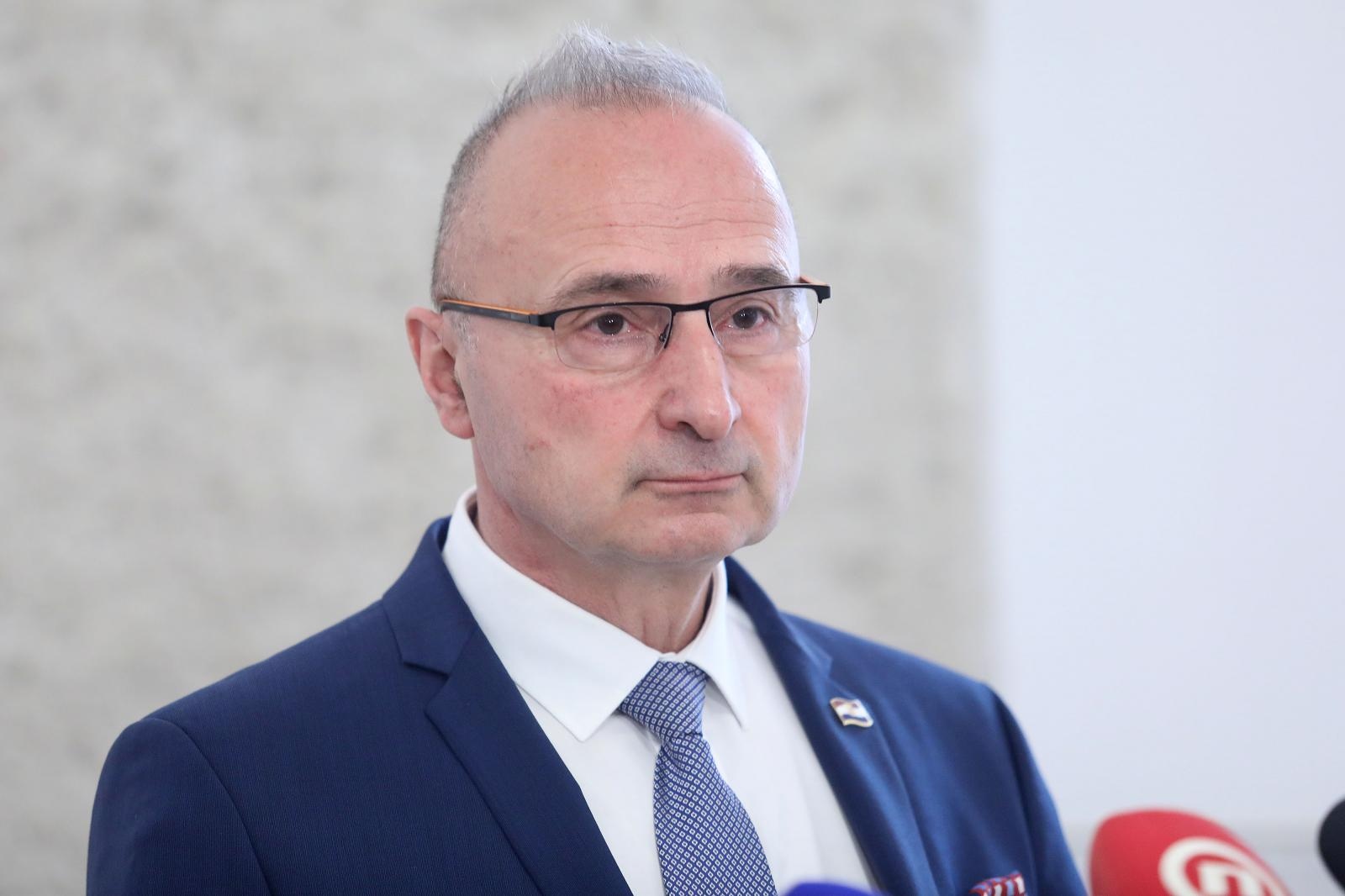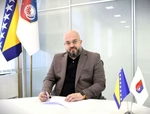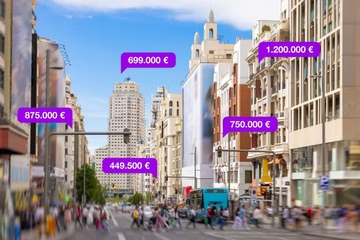
Chairman of Bosnia's tripartite presidency, Zeljko Komsic, "fears that if reforms in the country are implemented, he will lose his post," and "he still does not understand that he is not representing ethnic Croats in that country," Croatia's Foreign Minister, Gordan Grlic-Radman, said on Friday.
Grlic-Radman’s statement, carried by state agency Hina, was made in response to Komsic’s earlier statement on Thursday calling Grlic-Radman “Croatia’s Vulin”, in reference to Serbia’s Interior Minister, Aleksandar Vulin.
In an interview for state television FTV from the Bosniak-Croat entity FBiH covering half of Bosnia and Herzegovina’s territory, Komsic said that he would not “give up on advocating for Bosnia and Herzegovina as a civic state” and that he would run again for a new term in office.
Bosnia and Herzegovina’s head of state is a collective body based in capital Sarajevo, composed of three members. Each of the three has to belong to what Bosnian law calls its three “constituent peoples” – ethnic Bosniaks, ethnic Croats, and ethnic Serbs.
Serb member is elected by voters in the Serb-dominated Republika Srpska (RS) half of the country, whereas Bosniak and Croat members are elected from the Bosniak-Croat Federation of BiH (FBiH) of roughly 1.5 million people, where the ratio of ethnic Bosniaks vs ethnic Croats is approximately 3 to 1 according to the most recent 2013 census.
The main Croat nationalist party which traditionally dominates politics among Bosnian Croats, HDZ BiH – and a sister party of the conservative HDZ party in power in Croatia – has been vehemently questioning the legitimacy of Komsic’s place in the presidency ever since the election in October 2018. Komsic, a member of the centrist multi-ethnic Democratic Front (DF) won about 225,500 votes from FBiH voters, in front of HDZ’s candidate Dragan Covic with nearly 155,000 votes in the FBiH entity.
The election law, proscribed as part of the Dayton Agreement which ended the 1992-95 Bosnian War, is now criticized by both HDZ in Bosnia and HDZ in Croatia, with several Croatian state officials – including HDZ member Grlic-Radman – openly saying that Komsic “does not represent ethnic Croats.”
On Thursday, Komsic had described Grlic-Radman as “Croatia’s Vulin” after Grlic-Radman had previously called on Komsic to step down “if the did not believe in the status of constituent peoples in the country he was leading,” Croatia’s state agency Hina said.
“Grlic-Radman has the same role that Vulin has in Serbia, and I don’t want to comment on such nonsense,” Komsic said, in reference to Serbia’s Interior Minister, Aleksandar Vulin, known for his Serbian nationalist statements.
On Friday, Grlic-Radman said that “as foreign minister of a country that co-signed the Dayton peace agreement,” he must insist on “respect for the Dayton agreement,” as well as for the Bosnian Constitution, which proscribes “the constituent status of the three equal peoples and other citizens.”
“And because of that fact, me – as a legalist – am being compared by Komsic with the person who has been banned from entering Croatia – a country that is a member of the EU and NATO. Well, that says more about Komsic than about me,” Hina reported, citing Grlic-Radman, without saying where and to whom he made that comment.
According to Hina, he went on to say that is Komsic is “afraid of losing his position as a result of changes to the country’s election law” that would “eliminate any discrimination and inequality and ensure equality of the constituent peoples.”
Hina reported that Grlic-Radman went on to say that “Komsic still does not understand that he is not representing the Croat people in Bosnia and Herzegovina even though he considers himself to be that.”
Kakvo je tvoje mišljenje o ovome?
Učestvuj u diskusiji ili pročitaj komentare





 Srbija
Srbija
 Hrvatska
Hrvatska
 Slovenija
Slovenija



























































